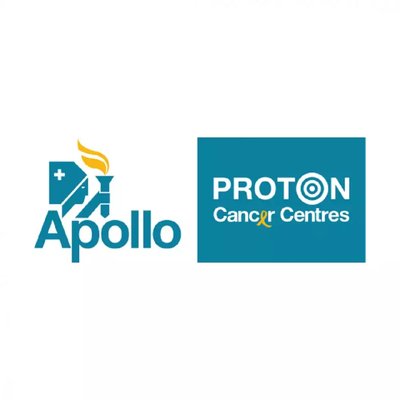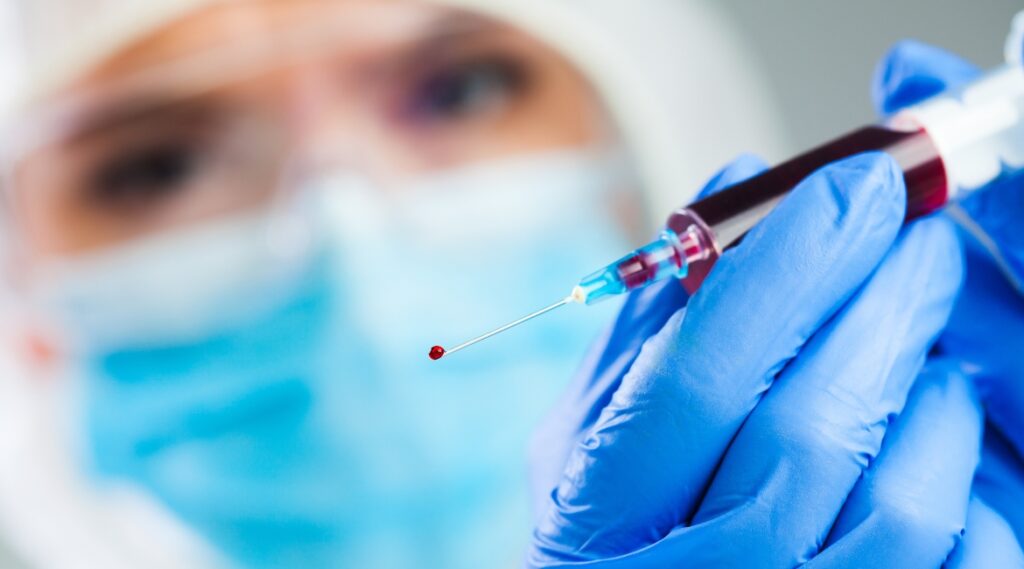Cancer treatment has undergone significant advancements over the past few decades, with new technologies and methods constantly emerging. One of the most promising developments in recent years is proton therapy, a cutting-edge radiation treatment that offers unprecedented precision in targeting tumors while sparing surrounding healthy tissues.
India, with its rapidly evolving healthcare sector, has embraced this revolutionary approach, making advanced cancer care more accessible to its population. In this blog post, we will explore the various aspects of proton therapy in India, including its benefits, the technology behind it, and where patients can access this life-saving treatment.
What is Proton Therapy?
Proton therapy is a type of radiation therapy that uses protons—positively charged particles—to destroy cancer cells. Unlike traditional X-ray radiation, which uses photons, proton therapy delivers radiation with remarkable accuracy, targeting the tumor directly and reducing the exposure of surrounding healthy tissues. This precision makes proton therapy particularly beneficial for treating tumors located near critical structures or in sensitive areas of the body, such as the brain, spine, and eye.
Benefits of Proton Therapy
- Precision Targeting: Proton therapy allows doctors to deliver higher doses of radiation directly to the tumor with minimal impact on surrounding healthy tissues. This precision reduces the risk of side effects and complications.
- Reduced Side Effects: Because proton therapy minimizes radiation exposure to healthy tissues, patients often experience fewer and less severe side effects compared to traditional radiation therapy. This is especially important for pediatric patients, who are more susceptible to radiation damage.
- Improved Outcomes: Studies have shown that proton therapy can improve treatment outcomes for certain types of cancers, leading to higher survival rates and better quality of life for patients.
- Ideal for Complex Cases: Proton therapy is highly effective for treating complex and hard-to-reach tumors, making it a valuable option for patients with cancers in challenging locations.
The Technology Behind Proton Therapy
Proton therapy involves the use of a particle accelerator, known as a synchrotron or cyclotron, to generate and accelerate protons to high energies. These high-energy protons are then directed toward the tumor using sophisticated imaging and targeting systems. The protons release their energy precisely at the tumor site, effectively destroying cancer cells while sparing healthy tissues.
The treatment process typically involves several steps:
- Planning: Detailed imaging studies, such as CT and MRI scans, are used to map the tumor and surrounding tissues. This information is used to create a personalized treatment plan.
- Simulation: Patients undergo a simulation session to determine the optimal positioning and alignment for treatment. This ensures that the proton beam targets the tumor accurately during each session.
- Treatment: Proton therapy is delivered over several sessions, with each session lasting a few minutes. The number of sessions depends on the type and location of the tumor.
Proton Therapy Centers in India
India has made significant strides in establishing proton therapy centers, providing patients with access to this advanced treatment modality. Some of the leading proton therapy centers in India include:
Apollo Proton Cancer Centre (APCC), Chennai
Apollo Proton Cancer Centre (APCC) in Chennai stands at the forefront of cancer treatment in India, being the first proton therapy center in South Asia. This state-of-the-art facility offers world-class proton therapy, providing patients with a highly precise and advanced form of radiation treatment.

Patient Experiences and Success Stories
Patients who have undergone proton therapy in India have reported positive outcomes and improved quality of life. Many have shared their success stories, highlighting the reduced side effects and effective tumor control achieved with proton therapy. These testimonials serve as a beacon of hope for others battling cancer, demonstrating the potential of this advanced treatment.
The Proton Therapy Procedure
Consultation and Evaluation:
- Initial Consultation: The process begins with a thorough consultation with a radiation oncologist who specializes in proton therapy. The doctor will review the patient’s medical history, imaging studies, and discuss the potential benefits and risks of proton therapy.
- Diagnostic Imaging: Advanced imaging techniques such as CT scans, MRI, and PET scans are used to create detailed images of the tumor and surrounding tissues. These images help in precise planning of the treatment.
Treatment Planning:
- Simulation Session: During this session, the patient is positioned on a treatment table, and a custom immobilization device may be created to ensure consistent positioning during each treatment session. The simulation helps determine the exact position and angles for the proton beam.
- Treatment Plan Development: Using the diagnostic images, a team of medical physicists and radiation oncologists develop a customized treatment plan. This plan outlines the exact dose and path of the proton beams to maximize tumor targeting while protecting healthy tissues.
Proton Therapy Sessions:
- Setup and Positioning: Each treatment session begins with the patient being carefully positioned on the treatment table using the immobilization device. Precise alignment is crucial for accurate treatment delivery.
- Delivery of Proton Beams: The proton beams are delivered from a particle accelerator, such as a synchrotron or cyclotron. The protons are directed to the tumor site using sophisticated imaging and targeting systems. The patient remains still while the beams are delivered, which typically takes a few minutes per session.
- Number of Sessions: The total number of treatment sessions varies depending on the type and location of the tumor. Patients may receive treatments daily for several weeks.
Follow-Up and Monitoring:
- Post-Treatment Care: After completing proton therapy, patients have follow-up appointments with their oncologist to monitor their progress and manage any side effects. Regular imaging studies may be performed to assess the treatment’s effectiveness.
Frequently Asked Questions (FAQs)
What types of cancer can be treated with proton therapy?
Proton therapy is effective for a wide range of cancers, including but not limited to brain tumors, prostate cancer, breast cancer, lung cancer, head and neck cancers, and pediatric cancers. It is especially beneficial for tumors located near critical structures and for treating recurrent cancers.
How does proton therapy differ from traditional radiation therapy?
Proton therapy uses protons, which can be precisely controlled to stop at the tumor site, minimizing damage to surrounding healthy tissues. Traditional radiation therapy uses X-rays, which pass through the body and can affect healthy tissues beyond the tumor.
Is proton therapy painful?
Proton therapy is a non-invasive and painless procedure. Patients may experience some discomfort from lying still during the treatment, but the actual delivery of proton beams is not painful.
What are the potential side effects of proton therapy?
Side effects vary depending on the treatment area but are generally fewer and less severe than those associated with traditional radiation therapy. Common side effects may include fatigue, skin reactions at the treatment site, and mild swelling. Your healthcare team will provide strategies to manage any side effects.
How long does a proton therapy session take?
Each session typically lasts about 15 to 30 minutes, including setup and positioning time. The actual delivery of the proton beams takes only a few minutes.
Can children receive proton therapy?
Yes, proton therapy is particularly advantageous for pediatric patients as it reduces the risk of long-term side effects and damage to developing tissues. It is commonly used to treat various childhood cancers.
How do I know if I am a candidate for proton therapy?
A consultation with a radiation oncologist specializing in proton therapy is necessary to determine if you are a suitable candidate. Factors considered include the type, location, and stage of the cancer, as well as the patient’s overall health.







